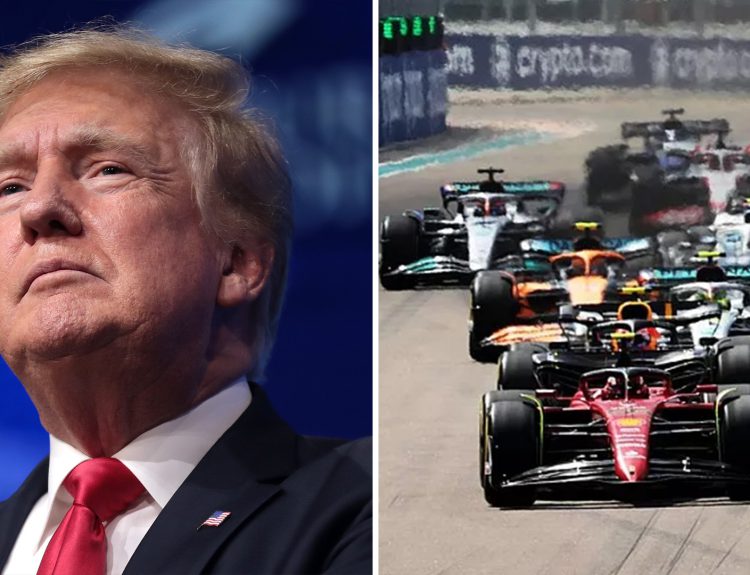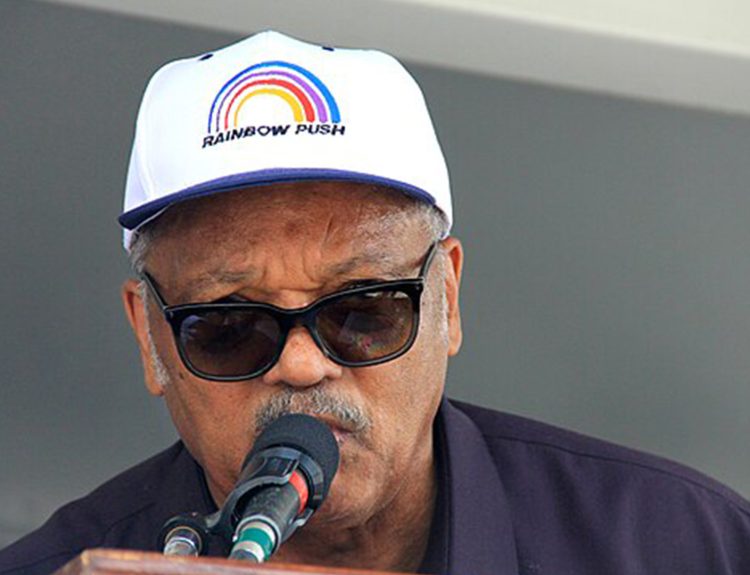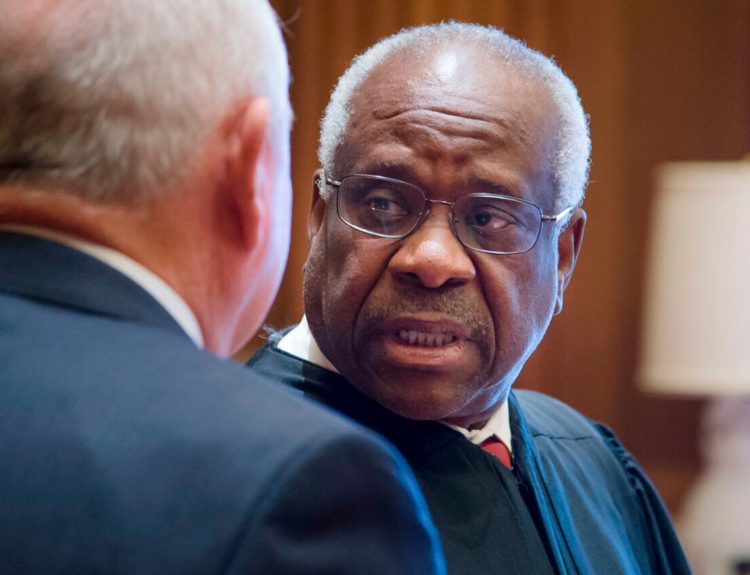In a powerful statement, Dr. Wayne D. Lewis Jr., president of Houghton University, has taken a firm stance against the participation of biological males in female sports. Emphasizing the importance of preserving the integrity and fairness of women’s athletics, Dr. Lewis argues that allowing transgender athletes to compete in women’s sports undermines the achievements and opportunities of female athletes. His bold declaration has reignited the heated debate surrounding this controversial issue.
The President’s Plea: “Enough is Enough”
Dr. Lewis passionately expressed his concerns, stating, “Enough is enough. I will not sit by silently as a university president whose female student-athletes step weekly onto tracks, courts, and fields to compete but, in some cases, are forced to do so on playing fields we know to be unfair.” He urged the community to join him in addressing this pressing issue, highlighting the need for collective action to protect the integrity of women’s sports.
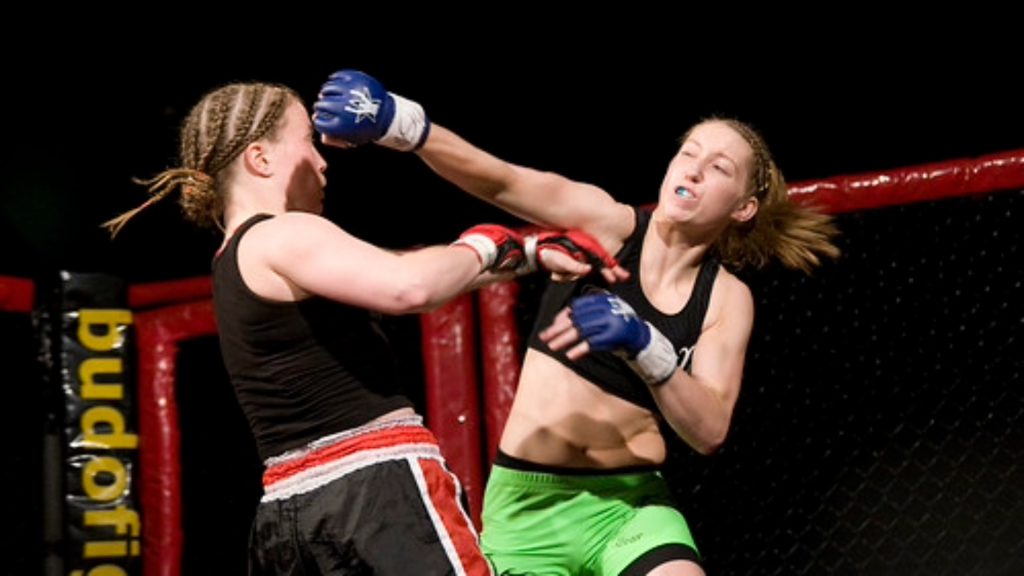
The president’s powerful words resonate with many who believe that the participation of biological males in women’s athletics poses a significant threat to the hard-fought achievements and opportunities of female athletes. Dr. Lewis’s call to action has sparked a renewed sense of urgency to confront this controversial topic head-on and find solutions that prioritize fairness and equity in sports.
The Heated Debate: Transgender Athletes in Women’s Sports
The participation of transgender athletes in women’s sports has become a topic of intense debate and controversy in recent years. Advocates argue that transgender individuals should have the right to compete based on their gender identity, emphasizing the importance of inclusivity and respect for gender diversity. They assert that everyone should have the opportunity to participate in sports, regardless of their gender identity.

On the other hand, opponents raise concerns about the potential impact on fairness and competitive equity in women’s sports. They argue that biological differences between males and females, such as muscle mass, bone density, and testosterone levels, can provide transgender women (assigned male at birth) with inherent physical advantages over cisgender women in certain sports.
The Threat to Women’s Sports: Obliterating Achievements and Records
Dr. Lewis Jr. strongly believes that allowing biological males to compete in women’s sports not only undermines the achievements of female athletes but also threatens to dismantle the opportunities and protections that trailblazing leaders fought so hard to establish. “A fringe agenda under the guise of making school and collegiate athletics more inclusive for transgender people has grown to the place of now unfairly displacing gifted and hardworking female athletes, obliterating the historic achievements and records of female athletes of the past,” he asserted.
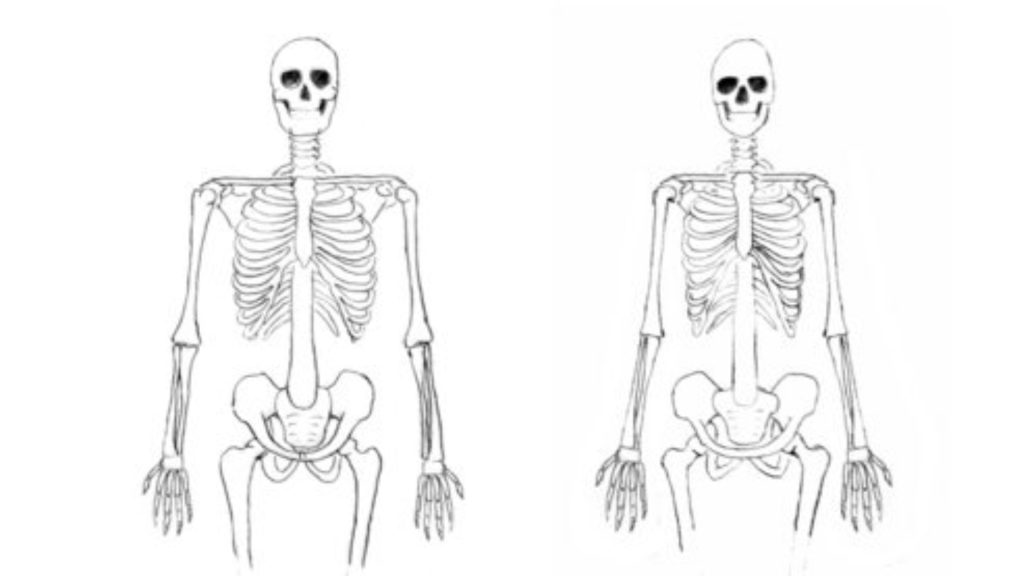
The president’s words highlight the growing concern that the inclusion of transgender athletes in women’s sports could lead to the erasure of hard-earned achievements and records set by female athletes throughout history. This issue has sparked a passionate debate about how to balance inclusivity with the preservation of fair competition and the recognition of women’s accomplishments in sports.
The Silence of Leaders: Complicity with a Fringe Agenda
Dr. Lewis Jr. expressed his disappointment in the silence of many leaders, parents, professional athletes, and people of goodwill who have remained quiet as female athletes face humiliation, silencing, and the loss of hard-earned opportunities. He argued that this silence is complicit with the fringe agenda that threatens to dismantle girls’ and women’s athletics.
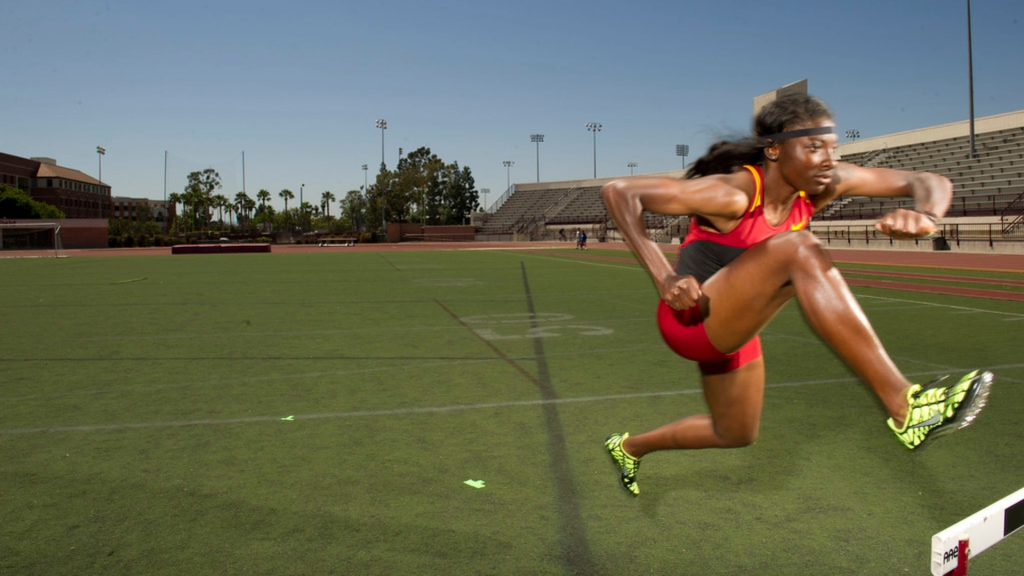
The president’s words serve as a wake-up call to those who have been hesitant to speak out on this controversial issue. He emphasizes the need for collective action and the importance of standing up for the rights and protections of female athletes, even in the face of pressure to remain silent.
Nassau County Takes Action: Banning Men from Women’s Sports Facilities
In a bold move aligned with Dr. Lewis’s stance, officials in Nassau County, New York, have taken action to safeguard the integrity of women’s sports. They have implemented a ban on men competing as women in sports facilities under their control. County Executive Bruce Blakeman stated, “What we are saying here today with our executive order is that if a league or team identifies themselves or advertises themselves to be a girls or women’s league or team, then biological males should not be competing in those leagues.”

This decisive action by Nassau County officials reflects the growing concern about the impact of transgender athletes on women’s sports and the need for concrete measures to ensure fair competition. It sets a precedent for other jurisdictions to consider similar policies to protect the rights and opportunities of female athletes.
The Complexities of Gender Identity and Sports
As more transgender athletes seek to participate in sports aligned with their gender identity, complex questions arise about how to ensure fairness and inclusivity while maintaining a level playing field for all competitors. Proponents of transgender inclusion argue that respecting and validating an individual’s gender identity, including their right to participate in sports that align with their affirmed gender, is crucial to preventing discrimination and stigmatization.

However, critics raise concerns about the potential physiological advantages that transgender women (assigned male at birth) may have over cisgender women in certain sports due to biological differences in muscle mass, bone density, and testosterone levels. They argue that these inherent advantages could undermine the fairness and integrity of women’s sports and potentially violate Title IX protections in the United States, which are designed to ensure equal opportunities for female athletes.
Navigating the Complexities: Policies and Guidelines
Sports organizations and governing bodies worldwide are grappling with the complexities of transgender inclusion in sports, seeking to balance fairness, inclusivity, and competitive equity. The approach to this issue varies across different organizations and jurisdictions, with some implementing specific policies to address the eligibility of transgender athletes.
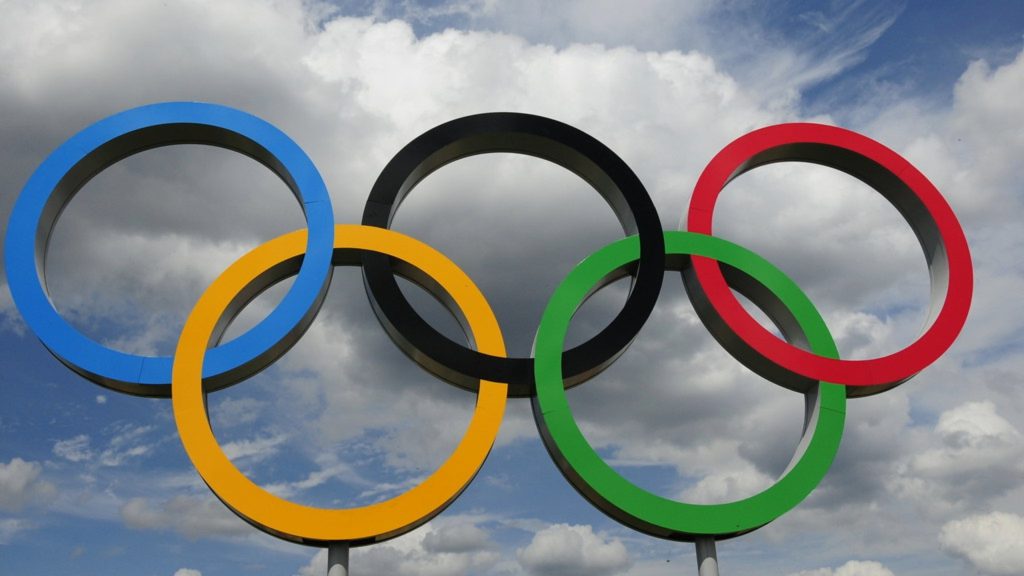
The International Olympic Committee (IOC) updated its guidelines in 2015 to allow transgender athletes to compete without undergoing sex reassignment surgery, provided that their testosterone levels are below a certain threshold for at least 12 months. Similarly, the National Collegiate Athletic Association (NCAA) has established policies that allow transgender athletes to compete by their gender identity, provided they have been undergoing hormone therapy for a specified period.
Balancing Fairness and Respect
The controversy surrounding transgender athletes in women’s sports reflects the intersection of social, ethical, and scientific considerations. Finding a balance between fairness, inclusivity, and competitive equity is an ongoing challenge that requires thoughtful discussion and collaboration among sports organizations, policymakers, and society as a whole.
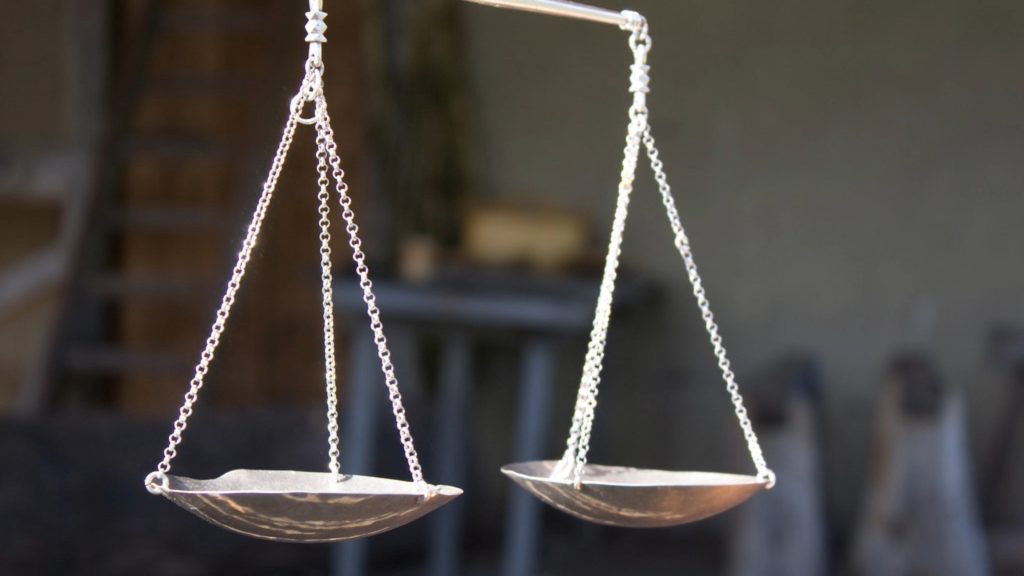
As the debate continues, it is essential to consider the diverse perspectives and experiences of all individuals involved, while striving to find solutions that uphold the principles of fairness and respect for gender diversity in sports. Dr. Lewis’s powerful statement catalyzes this important conversation, urging us to confront the complexities head-on and work towards a future where the achievements and opportunities of female athletes are celebrated and protected.
The Importance of Preserving Women’s Sports
Dr. Wayne D. Lewis Jr.’s bold stance against the participation of biological males in female sports has reignited the debate surrounding transgender athletes and the integrity of women’s athletics. His powerful words serve as a reminder of the hard-fought battles and trailblazing efforts of leaders who have worked tirelessly to create and protect opportunities for girls and women in sports.
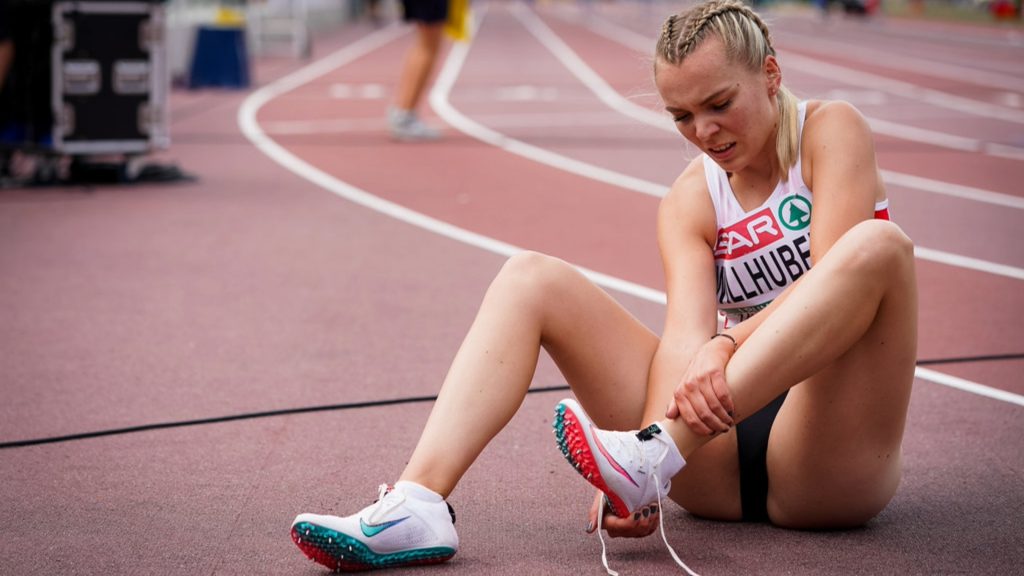
As we navigate the complexities of this issue, it is crucial to remember the importance of preserving the fairness and competitiveness of women’s sports. The achievements and records of female athletes throughout history stand as a testament to their dedication, skill, and perseverance. We must not allow these accomplishments to be diminished or erased in the pursuit of inclusivity.
A Call to Action: Joining Forces for Fairness
Dr. Lewis’s call to action resonates with many who believe that the time has come to take a firm stance against the participation of biological males in women’s sports. He urges the community to join him in this fight, emphasizing the need for collective action to protect the integrity and future of women’s athletics.

It is time for leaders, parents, professional athletes, and all people of goodwill to break their silence and speak out against the injustices faced by female athletes. By joining forces and advocating for fairness and equity in sports, we can ensure that the opportunities and protections fought for by trailblazing leaders are preserved for generations to come.
The Road Ahead: Finding Solutions Through Dialogue and Collaboration
The controversy surrounding transgender athletes in women’s sports is a complex and emotionally charged issue that requires careful consideration and open dialogue. As we move forward, it is essential to engage in thoughtful discussions that take into account the diverse perspectives and experiences of all individuals involved.

Sports organizations, governing bodies, and policymakers must work together to find solutions that balance inclusivity, fairness, and competitive equity. This may involve establishing clear guidelines and policies that address the eligibility of transgender athletes while ensuring a level playing field for all competitors.
The Importance of Fairness in Sports
Dr. Wayne D. Lewis Jr.’s powerful statement catalyzes reflection on the fundamental principles of fairness and equality in sports. As we grapple with the complexities of transgender inclusion, we must not lose sight of the importance of preserving the integrity and competitiveness of women’s athletics.
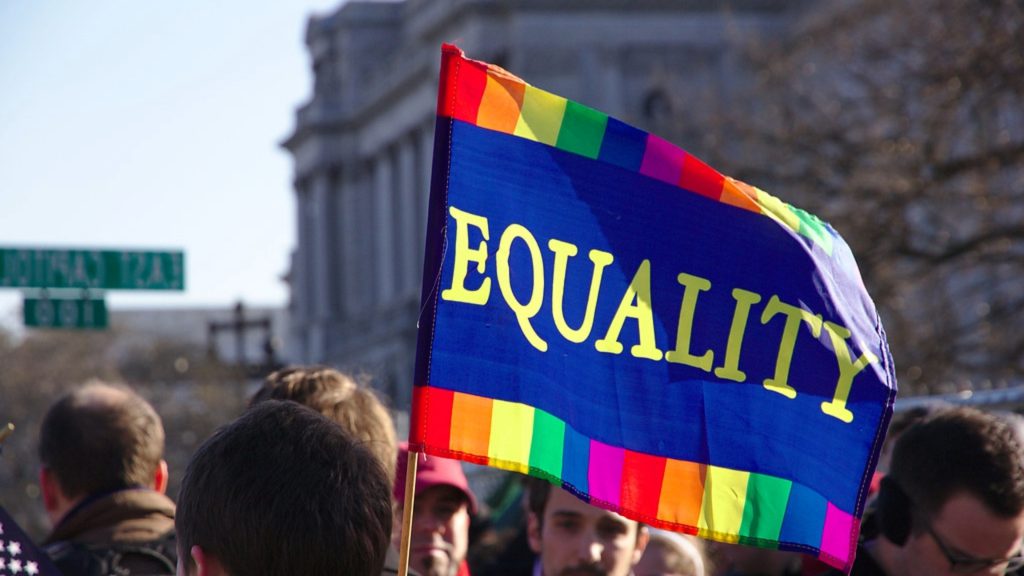
The achievements and opportunities of female athletes are a testament to their hard work, dedication, and perseverance. We must honor and protect these accomplishments, ensuring that the playing field remains fair and equitable for all competitors.
Looking to the Future
As we move forward in this debate, it is crucial to keep the legacy of women’s sports at the forefront of our minds. The trailblazing efforts of leaders who fought for equal opportunities and protections for female athletes must not be forgotten or undermined.

By taking a firm stance against the participation of biological males in women’s sports, we can ensure that the future of women’s athletics remains bright and full of promise. We must work together to create a world where girls and women can compete on a level playing field, free from the threat of unfair advantages or the erasure of their hard-earned achievements.




